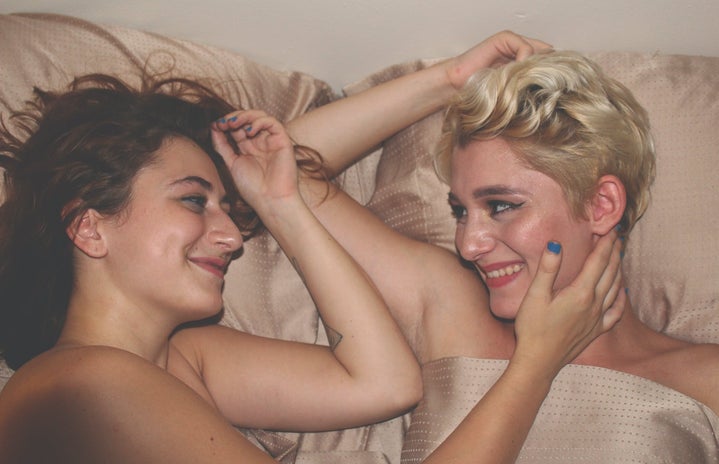There’s no denying that we live in an age where college students are encouraged – and even expected – to engage in casual hookups. These norms are part of a phenomenon known as hookup culture, or a culture that revolves around uncommitted sexual experiences between people who are not romantically involved. In many ways, hookups have become a normalized part of young adult life in the US. But as with any sort of sexual encounter, casual hookups can have serious impacts on one’s mental health, for better or for worse.
Let’s start with the good news. A comprehensive analysis of 71 studies in 2020 found that most people who engage in casual sex experience a positive emotional outcome. Furthermore, those who have symptoms of depression and loneliness prior to a hookup report a reduction in these symptoms after they have casual sex.
On the flip side, the same study found that those who don’t have symptoms of depression and loneliness to begin with are more likely to report that they develop these symptoms after a hookup. Another survey concludes that women’s depressive symptoms increase with the number of casual sexual partners they have, but it remains unclear whether this relationship is correlational or causational.
Studies have also found significant differences between male and female perception of hookups. One study claims that women are more likely to experience feelings of guilt after having casual sex with a person they just met (32% of men would feel guilty, while 72% of women would). But these gender differences may be exaggerated; other studies found that the majority of both women and men did not expect or even want a traditional romantic relationship after a hookup.
Instead, factors besides gender are more likely to blame for causing regret and other negative emotional reactions after hookups. These factors include alcohol consumption, not knowing one’s partner, and not achieving sexual satisfaction (aka orgasm) during sex.
Plenty of research has been put into discovering the differences between heterosexual women and men’s experiences of casual sex, and unfortunately, the same effort has not been put into finding LGBTQ+ and non-binary perspectives. However, one interview with 24 LGBTQ+ and non-binary students found that the majority of students who are members of these communities seek a more mindful and sensitive hookup culture. For example, many lesbian women in the interview reported that they felt pressured into assuming the role of the assertive heterosexual “alpha male” in order to achieve their sexual goals. Evidently, hookup culture is shaped greatly by heteronormativity, which can be profoundly harmful to the identities of LGBTQ+ and non-binary folks.
In short, casual hookups have a sort of appeal to them, even from an emotional perspective. But before you enter your “hoe phase,” make sure that you are staying true to yourself – each decision a person makes should reflect their own values and well-being. Consider your expectations for each hookup and ensure that you are physically and emotionally prepared for whatever the outcome may be. And of course, always ask others (and yourself!) for consent!

